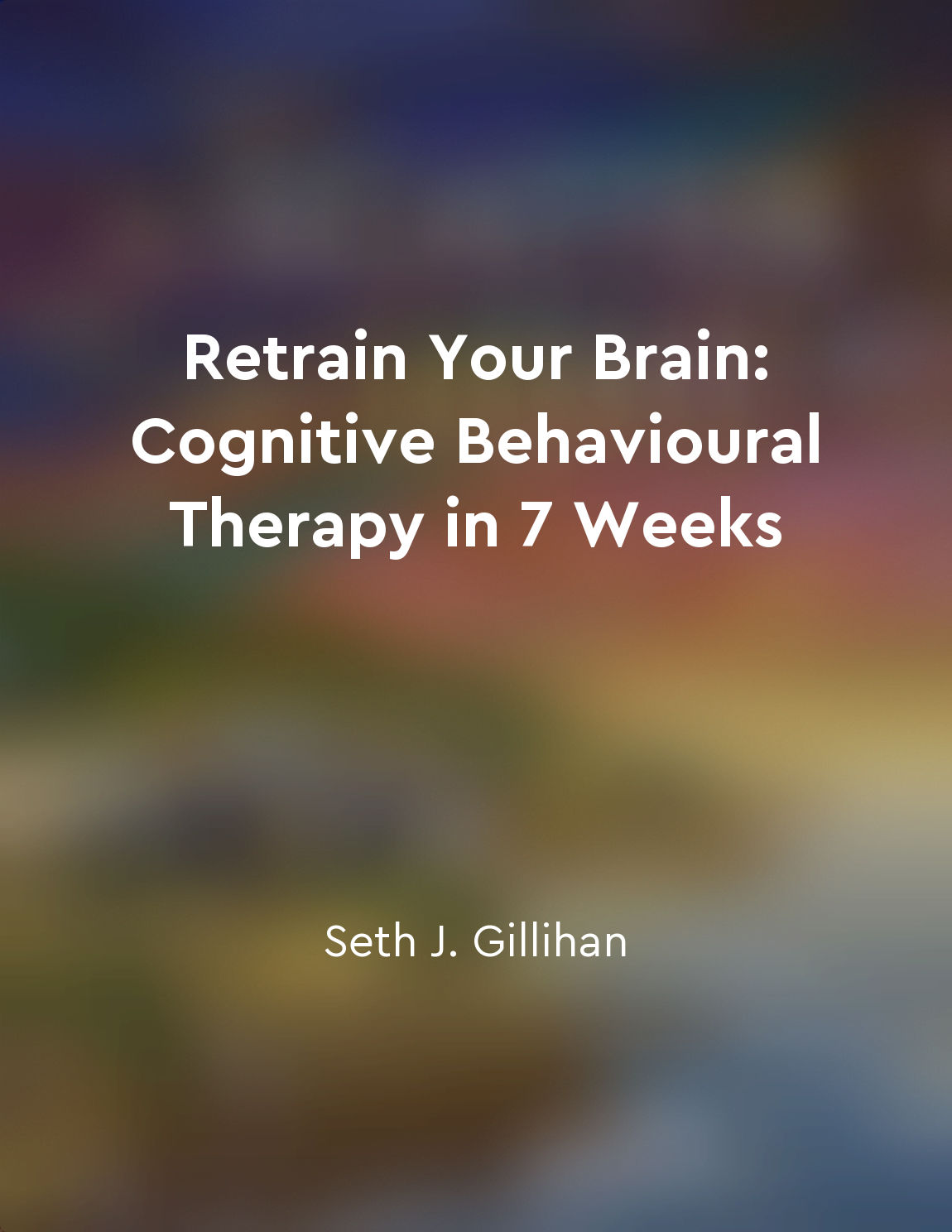Audio available in app
Teaching problemsolving skills enhances emotional intelligence from "summary" of Boost Emotional Intelligence in Students by Maurice J. Elias,Steven E. Tobias
Developing problem-solving skills in students is a crucial component of enhancing their emotional intelligence. By teaching students how to effectively navigate challenges and find solutions, educators are helping them build the resilience and self-confidence needed to manage their emotions in a healthy way. When students are equipped with the tools to tackle problems head-on, they are less likely to become overwhelmed or give in to negative emotions. One of the key aspects of problem-solving is the ability to think critically and analytically. By encouraging students to approach problems from different angles and consider various solutions, educators are fostering their cognitive flexibility and creativity. This not only helps students become more adept at finding solutions but also enhances their ability to regulate their emotions in the face of adversity. Furthermore, teaching problem-solving skills can help students develop a sense of agency and control over their lives. When students feel empowered to take on challenges and work towards solutions, they are more likely to feel confident in their abilities and less prone to feelings of helplessness or despair. This sense of agency is a crucial aspect of emotional intelligence, as it allows students to take ownership of their emotions and reactions. In addition, problem-solving skills can also help students improve their interpersonal relationships. By teaching students how to communicate effectively, collaborate with others, and resolve conflicts constructively, educators are helping them build stronger connections with their peers and develop empathy and understanding towards others. These social-emotional skills are essential for fostering healthy relationships and navigating the complexities of the social world.- By integrating problem-solving skills into the curriculum, educators can play a vital role in enhancing students' emotional intelligence. By empowering students to approach challenges with confidence, think critically and creatively, and build strong relationships with others, educators are helping them develop the emotional resilience and social skills needed to thrive in today's complex world.
Similar Posts
Developing emotional intelligence takes practice and dedication
Developing emotional intelligence requires a conscious effort and commitment. Just like any skill, emotional intelligence needs...
Acknowledge teen's feelings
When your teen expresses their feelings, it's important to acknowledge them. Let them know that you hear what they're saying an...
Strive for clarity and precision in thought
The importance of clarity and precision in thought cannot be overstated. When we strive for clarity and precision in our thinki...
Cultivate resilience through gratitude practices
One way to build resilience is by strengthening your sense of gratitude. When you practice gratitude, you shift your focus from...
Practice mindfulness and selfcare for well-being
To truly take care of ourselves and ensure our well-being, it is essential to practice mindfulness and self-care. Mindfulness i...

Replace unhelpful thoughts with positive ones
When we're feeling down or anxious, it's often due to unhelpful thoughts that we're holding on to. These thoughts can be automa...
Being reliable and dependable builds credibility
Reliability and dependability are crucial qualities in building credibility with others. When you consistently follow through o...
Emotional intelligence can be cultivated through practice
Emotional intelligence is not a fixed trait that we are born with and cannot change. It is a skill that can be developed and im...
Building resilience is a key aspect of emotional intelligence
Building resilience is a key aspect of emotional intelligence. Resilience is the ability to bounce back from setbacks, to adapt...
Mindful education fosters a sense of community and connection
When we engage in mindful education practices, we create a space where students feel connected to themselves and to each other....

